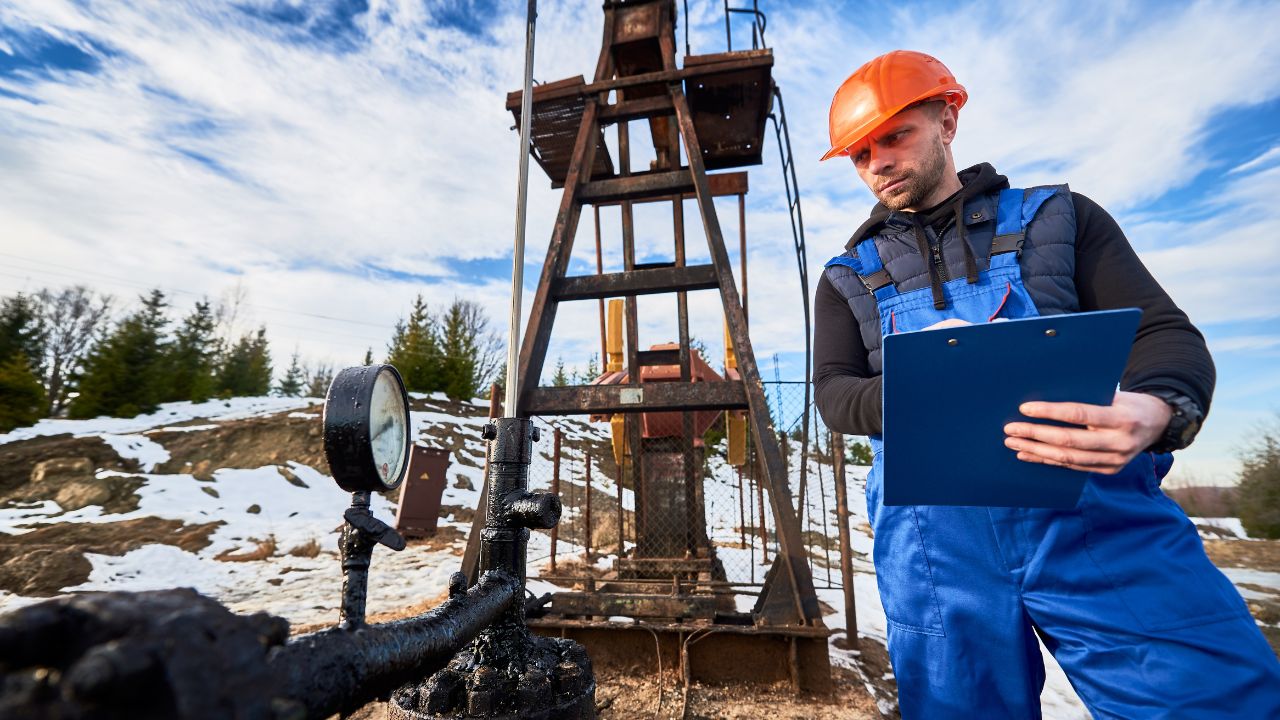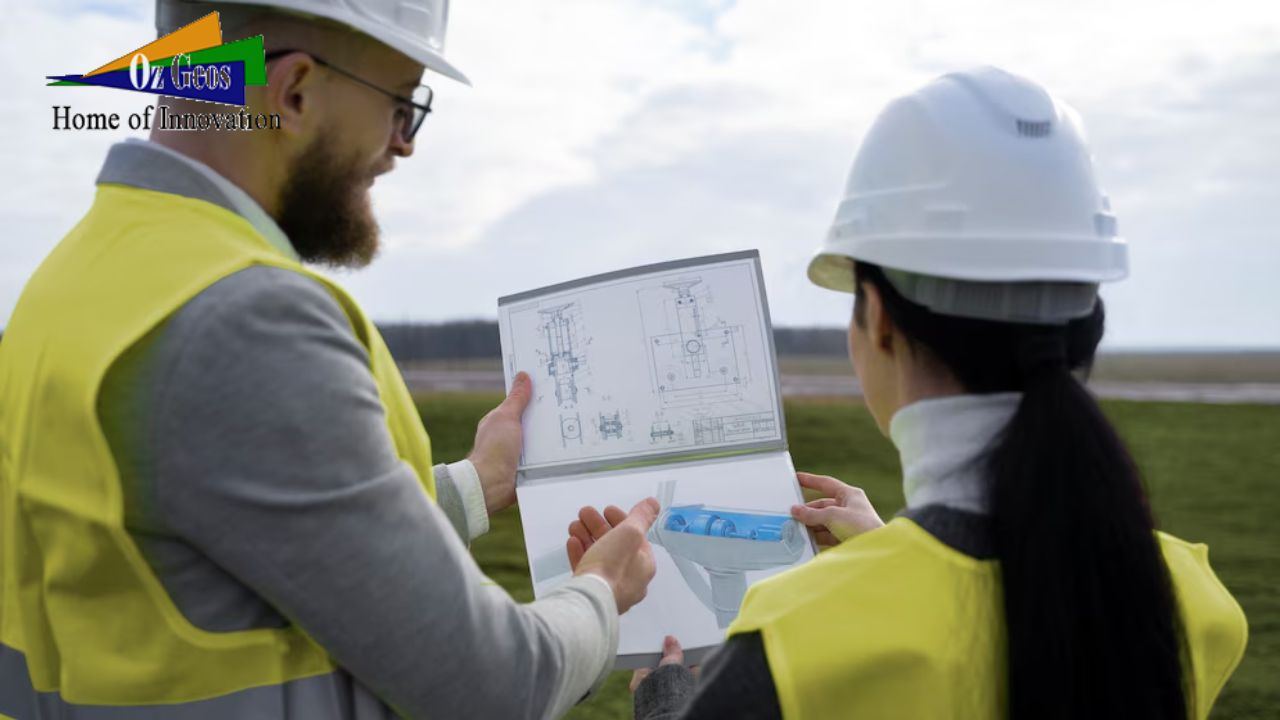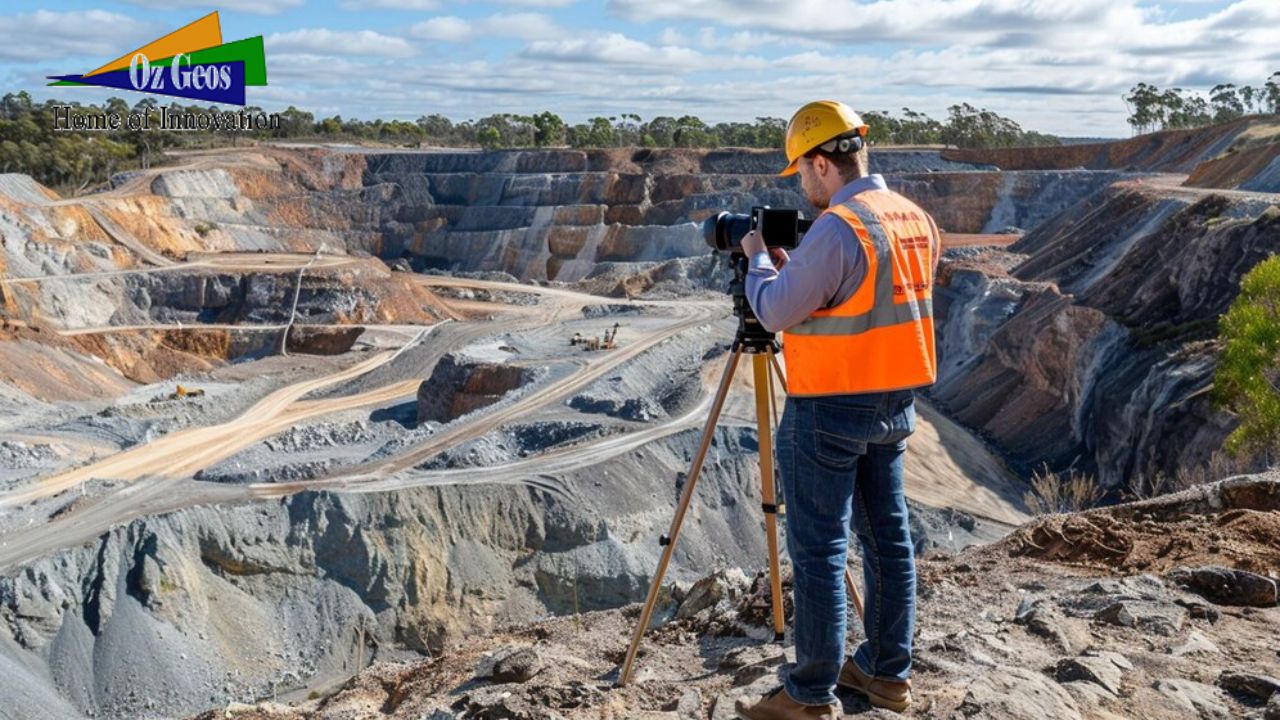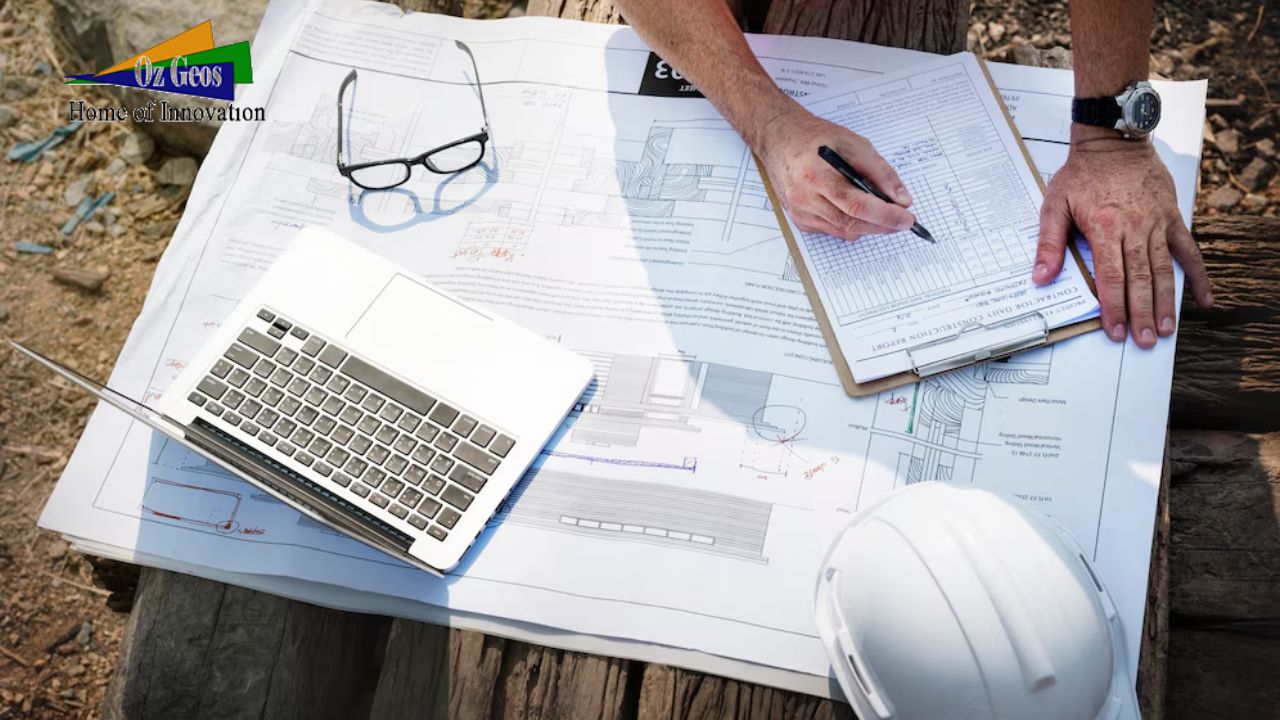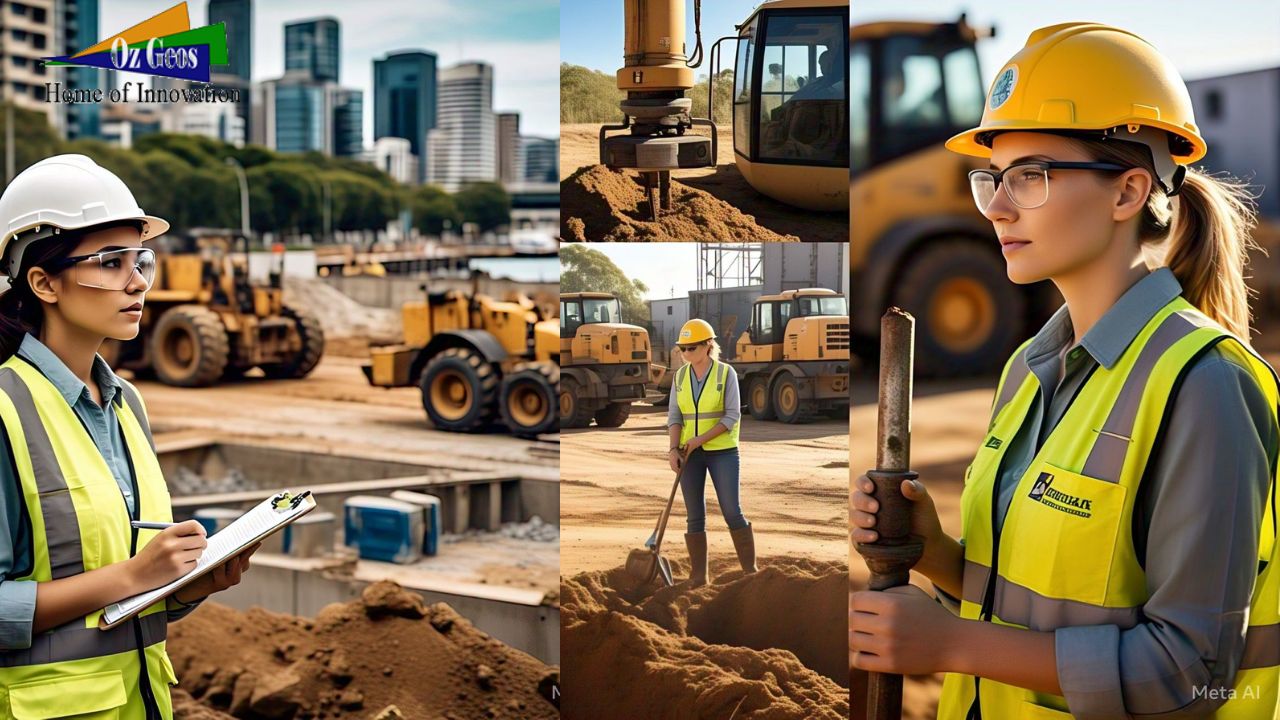Geotechnical Engineering Services in Melbourne
Introduction to Geotechnical Engineering
In the realm of construction, where solid foundations are paramount, geotechnical engineering plays a pivotal role. It’s the branch of civil engineering concerned with understanding the behavior of earth materials and how they interact with structures. Geotechnical engineers are tasked with assessing soil, rock, and groundwater conditions to ensure the stability and durability of infrastructure projects.
Role of Geotechnical Engineering Services
Geotechnical engineering services encompass a wide range of activities tailored to the needs of construction projects. From conducting site investigations to analyzing soil samples, these services provide crucial data for the design and construction phases. Whether it’s a skyscraper, bridge, or road, geotechnical input is essential for ensuring structural integrity and safety.
Geotechnical Investigation Process
Before breaking ground on any project, thorough site investigations are conducted. This involves collecting soil samples, conducting tests, and analyzing data to understand subsurface conditions. By assessing factors such as soil composition, moisture content, and load-bearing capacity, engineers can make informed decisions regarding foundation design and construction methods.
Foundation Design and Analysis
Foundations serve as the bedrock of any structure, providing stability and distributing loads effectively. Geotechnical engineers evaluate various factors such as soil type, bearing capacity, and environmental conditions to design suitable foundations. Whether it’s shallow foundations like footings or deep foundations such as piles, meticulous analysis is crucial to ensuring long-term structural integrity.
Slope Stability Analysis
In regions prone to landslides and slope instability, geotechnical expertise is indispensable. Engineers utilize advanced techniques to assess slope stability and mitigate risks associated with ground movement. By analyzing factors like soil properties, rainfall patterns, and topography, they can implement measures to enhance stability and protect against erosion.
Earthquake Engineering and Mitigation
Given Melbourne’s susceptibility to seismic activity, earthquake engineering is a vital component of geotechnical services. Engineers assess the seismic hazard of a site and design structures capable of withstanding ground motion. Techniques such as base isolation and structural reinforcement are employed to minimize damage and ensure occupant safety during earthquakes.
Soil Improvement Techniques
In situations where soil conditions are less than ideal, geotechnical engineers employ various methods to enhance soil properties. Techniques such as compaction, stabilization, and grouting can improve soil strength and stability, making it suitable for construction. These interventions play a crucial role in maximizing the performance and longevity of infrastructure projects.
Retaining Wall Design and Construction
In hilly terrain or areas with significant grade changes, retaining walls are essential for preventing soil erosion and supporting slopes. Geotechnical engineers design retaining structures based on factors like soil type, height, and loading conditions. By selecting appropriate materials and construction methods, they ensure the durability and effectiveness of these critical elements.
Groundwater Management
Managing groundwater is a key consideration in many construction projects, especially those involving excavation and below-grade structures. Geotechnical engineers devise strategies for controlling groundwater levels through techniques such as dewatering and groundwater recharge. By mitigating water-related risks, they safeguard against potential issues like foundation instability and soil liquefaction.
Environmental Impact Assessment
Construction activities can have significant environmental implications, from habitat disturbance to pollution runoff. Geotechnical engineers conduct thorough environmental impact assessments to identify potential risks and develop mitigation measures. By incorporating sustainable practices and minimizing ecological footprints, they strive to ensure responsible stewardship of natural resources.
Case Studies
Numerous projects in Melbourne showcase the effectiveness of geotechnical engineering in overcoming challenges and delivering successful outcomes. From high-rise developments to infrastructure upgrades, these case studies illustrate the importance of geotechnical input in achieving project goals and ensuring community safety.
Future Trends in Geotechnical Engineering
As technology advances and construction methods evolve, the field of geotechnical engineering continues to innovate. From advanced modeling techniques to sustainable materials, future trends promise to enhance efficiency and sustainability in project delivery. Geotechnical engineers must stay abreast of these developments to remain at the forefront of their profession.
Choosing a Geotechnical Engineering Firm
Selecting the right geotechnical engineering firm is crucial for the success of any project. Factors such as experience, expertise, and reputation should be carefully considered when making this decision. By partnering with a reputable firm with a track record of excellence, project stakeholders can ensure quality outcomes and minimize risks.
Cost Considerations
While geotechnical services are essential for project success, cost considerations cannot be overlooked. Budget constraints often dictate the scope of geotechnical investigations and interventions. However, investing in thorough site assessments and quality engineering solutions upfront can yield significant cost savings by mitigating risks and avoiding costly rework.
Conclusion
Geotechnical engineering services are indispensable for the successful execution of construction projects in Melbourne. From site investigations to foundation design, these services provide critical insights that ensure the stability, safety, and longevity of infrastructure. By leveraging expertise and embracing innovation, geotechnical engineers play a vital role in shaping the built environment and enhancing community resilience.

